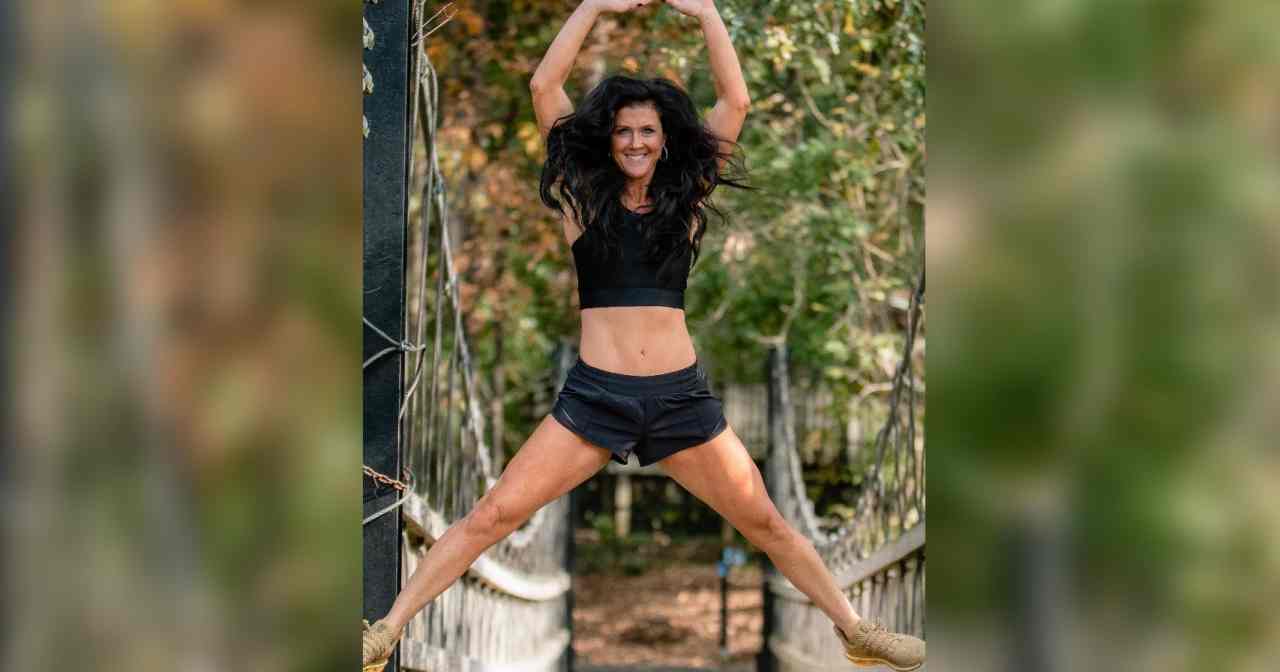
Diana Mirgon is honest, real and raw. An avid proponent for body positivity, eating for better health and sharing unfiltered social media photos, she knows what it feels like to battle a toxic relationship with food.
She’d always been thin growing up, but after Mirgon had kids, she gained weight and couldn’t seem to lose it again. That’s when she started looking for a quick fix.
“I was looking to lose weight,” Mirgon says, “not to be healthy.”
Like many people, she began to demonize food and restricted herself to the extreme. Social media can sometimes encourage this kind of behavior when our feeds are inundated with heavily edited photos. Mirgon says it’s tough to look at photoshopped and edited pictures, so she doesn’t touch up any of her own.
“I exercised so that I could overeat,” she says. “I didn’t realize that I could still lose weight and be healthy all while having an occasional Oreo.”
Then, Mirgon’s mother became sick and everything changed.
“I sat in the ICU at her bedside for months thinking, ‘Here I am worrying about my weight when at the end of the day, my own mother is sick,’ and that’s when I started eating to fuel myself, to feel better,” Mirgon says. “There’s a moment when it’s no longer about weight, it’s about longterm health.”
She was also diagnosed with arthritis, which led her to do research on foods that could make her feel better, and lo and behold, it worked!
Meals and Mindset
Mirgon’s story is a prime example of something many people forget: Weight loss and health don’t always go hand-in-hand.
“You can lose weight, but that doesn’t necessarily mean you’re healthy,” Mirgon says. “When I was at my lowest weight, I was very unhealthy.”
Mirgon doesn’t believe food should be labeled as inherently good or bad in terms of weight loss. Instead, it’s about energy in and energy out.
On paper, the journey to healing your relationship with food sounds simple enough. But it took a lot of time, patience and self love for Mirgon to heal hers. She recommends taking it one goal at a time.
“For example, I started with the way I worked out,” she says. “I did it so that I could overeat and then I would restrict foods. I started working out for heart health and muscle mass instead, then I worked on my nutrition.”
Set little goals to achieve every day, like drinking more water or saying yes to those social gatherings with food.
“Your relationship with food and exercise is all mental health,” Mirgon says. “There’s a ton of us out there that are emotional eaters. We use food as a comfort source. It’s very under-discussed.”
If there’s one message Mirgon wants to get across, it’s that prioritizing fitness, mental health and nutrition shouldn’t be short-term goals. In the end, it’s a lifestyle. That’s why most fad diets don’t work — because they aren’t sustainable.
“Today, I’m 50 and I feel better than ever,” she says. “I still struggle with emotional eating, but it’s a daily grind. I’m in a much better place with food; I don’t restrict and see foods as bad. I take it one day at a time.”











